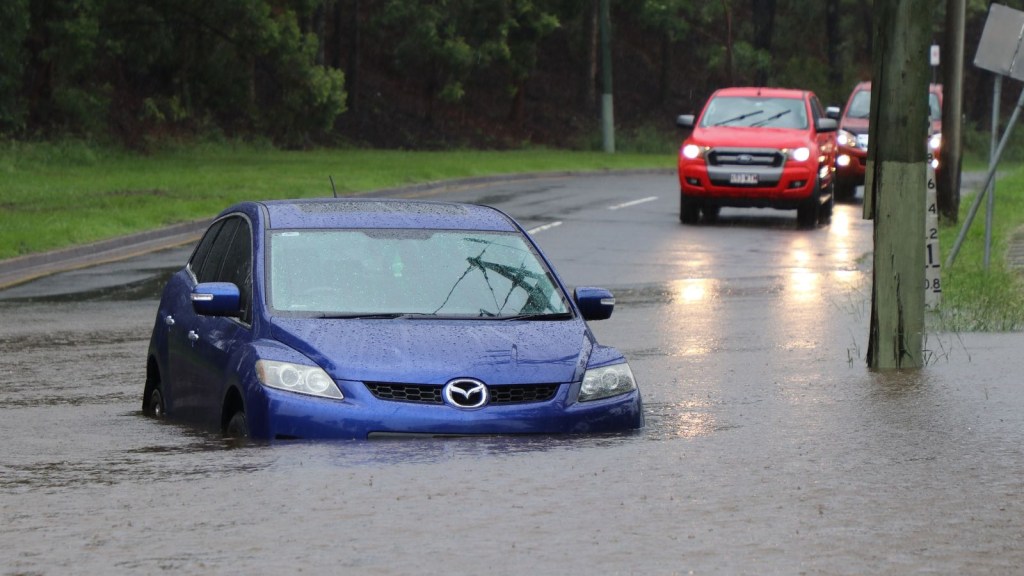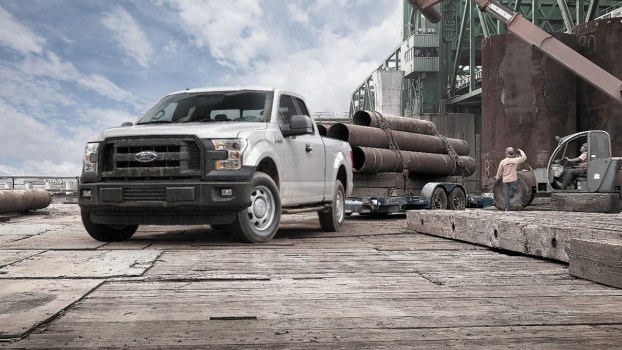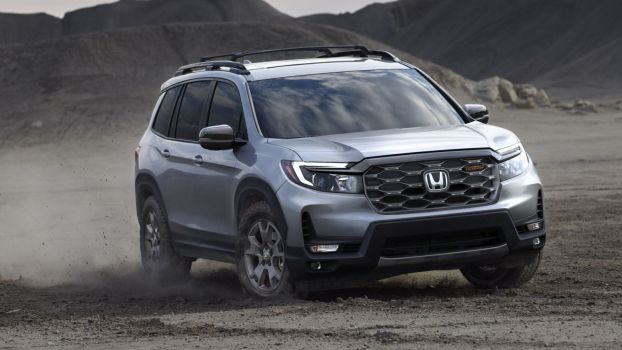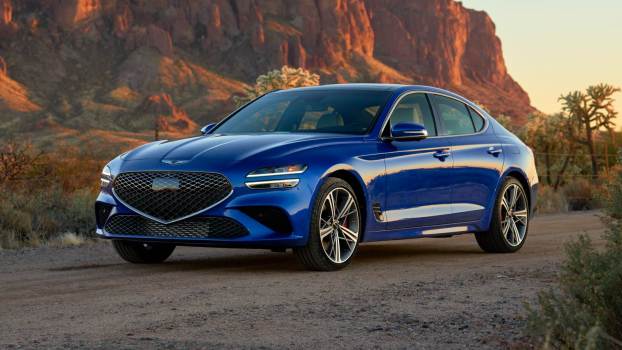
Common Reasons the Warranty for Your Car Could Be Voided
Understanding the warranty is a significant aspect of owning a new car. This is because it offers protection if something goes wrong. Of course, most people stick with the included warranties. However, there are also car warranty companies that provide third-party coverage. This is important because even the best cars can have issues within the first few years of ownership.
Reasons your car warranty could be voided
Buyers should also know that some actions and circumstances could lead to the voiding of a car warranty. This means you’re on the hook if something does go wrong with your new car. One of the easiest to understand reasons is if you’re involved in a severe car accident that results in a salvaged title. This happens because even if you can use the car after the accident, there’s a high likelihood of future issues that stem from the accident rather than any defects.

Misusing the vehicle is another reason. This can be due to racing or using the car to compete in other ways. Additionally, going off-road in a vehicle not intended for this purpose can end in the same result. It can also happen from overloading the car, which includes towing.
Unfortunately, damage from environmental factors such as floods, storms, and earthquakes can cause an owner to lose their car warranty. The same is true for tampering with the odometer because it would make it impossible to determine the amount of miles you’ve driven the car.
Types of car warranties
So, what is a car warranty? Warranties protect the customer from the financial burden that can come from vehicle defects. These would be issues that wouldn’t come from wear and tear. Of course, these issues can often be expensive. Because of this, many people consider how long the warranties last when deciding on a new vehicle. Unfortunately, some of the best cars don’t have the best coverage.
There are seven main types of car warranties from companies:
- Comprehensive or bumper-to-bumper warranty- As the name suggests, it covers every aspect of your new car
- Powertrain Warranty- This covers the mechanical aspects of your car.
- Restraint Systems Warranty-Covers seat belts and airbags.
- Corrosion- Typically covers replacing body panels that are rusted through. Requires severe corrosion in most cases.
- Emissions Warranty- Covers aspects of a car that limit emissions. These vary state to state.
- Warranties specifically for hybrid and EV components
- Extended Warranties- They take over coverage once the manufacturer’s warranty expires and come at an extra cost.
Of course, there are also car warranty companies. These are third-party options that vehicle owners can acquire if they’d rather seek coverage elsewhere. This can be a good option because they are less restrictive and sometimes offer features such as roadside assistance. According to Consumer Affairs, about 23% of warranty buyers go through third-party car warranty companies.
Warranties add value to even the best cars on the market. However, buyers should be sure to read all contracts to ensure they’re not committing behaviors that could cause them to lose coverage.






